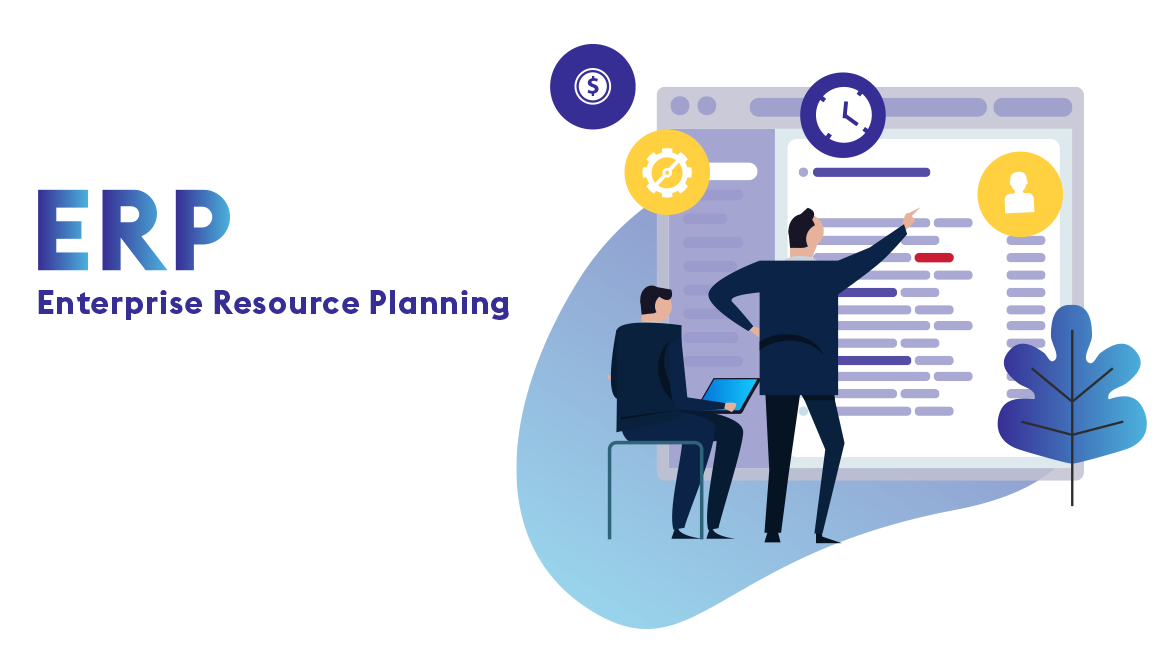Latest News
How to Select the Right ERP System For Your Particular Business

An enterprise resource planning (ERP) solution is a system designed to handle key components of a business. This includes sales, compliance, accounting, and more. In the past, manufacturing and distribution providers used these solutions to manage their supply chain.
Today, however, more industries are adopting this technology to help with accounting and financial requirements. In fact, many providers now offer industry-specific programs. What should a company look for when selecting an ERP for its organization?
Determine What Is Needed
Before selecting an ERP system, determine what is needed in the solution. When doing so, consider existing pain points along with future needs. Financial reporting needs to be timely and accurate, while analytics and data must offer flexibility when it comes to production, sales, and procurement.
Look for an intuitive program to reduce the need for training and determine which processes can be automated. Some companies need their sales orders and job costing to be automated. Other companies focus on whether the program can help with supply chain management.
In addition, consider whether the program needs to be mobile-friendly. Many companies benefit from workers having access to the program while out in the field. Many ERP solutions today offer a mobile option for these organizations.
Compatibility and Integration
The goal of an enterprise resource planning system is to bring different processes together to create a single stream of information. This makes it easier to manage the information coming into the business. To do so, the system must integrate with existing programs to allow this flow of data.
For example, integration between ERP systems and procurement systems plays a pivotal role in enhancing overall business efficiency. With the ERP integration service from Coupa or similar platforms, organizations can achieve a streamlined and automated procurement process. The integration enables real-time data synchronization, ensuring accurate and up-to-date information across both systems. This synergy facilitates better decision-making, as stakeholders have access to comprehensive insights into inventory levels, supplier performance, and cost-saving opportunities. Additionally, the integration eliminates manual data entry, reducing errors and saving valuable time.
Before purchasing an ERP solution, check its compatibility with existing systems and software programs. Ensuring the programs are compatible and will easily integrate makes the process of moving to the ERP system easier.
Selection Team
Choose a group of individuals to compare programs. Bring people together from different departments to learn how the adoption of each program will directly affect their work. This ensures nothing is overlooked during the selection process.
Companies often make the mistake of asking managers to oversee this process. However, it is the people who use the system every day that have the most insight into what works for their department and what doesn’t. Each manager should also ask for feedback from all employees in their department to learn what they feel will be of the most benefit in a system of this type.
Budget
Provide the selection team with a budget. With many programs to choose from today, it’s easy to get caught up in the latest features. By establishing a budget early in the process, the company helps the team narrow down the available choices.
Task the team with considering all aspects of the program cost. Often, a team focuses on the purchase price and neglects other key elements. Have them learn how much it will cost to implement the program and how much the organization will spend maintaining it. These factors need to play a critical role in the overall decision-making process.
Companies find the ERP solution is an investment. It becomes the backbone of the organization, and employees will come to rely on it when doing their work. For this reason, the right solution must be selected. Never rush the process, as doing so could lead to choosing the wrong program, which no company wants.
Kenneth is a proud native of sydney, born and raised there. However, he pursued his education abroad and studied in Australia. Kenneth has worked as a journalist for almost a decade, making valuable contributions to prominent publications such as Yahoo News and The Verge. Currently, he serves as a journalist for The Hear Up, where he focuses on covering climate and science news. You can reach Kenneth at [email protected].










